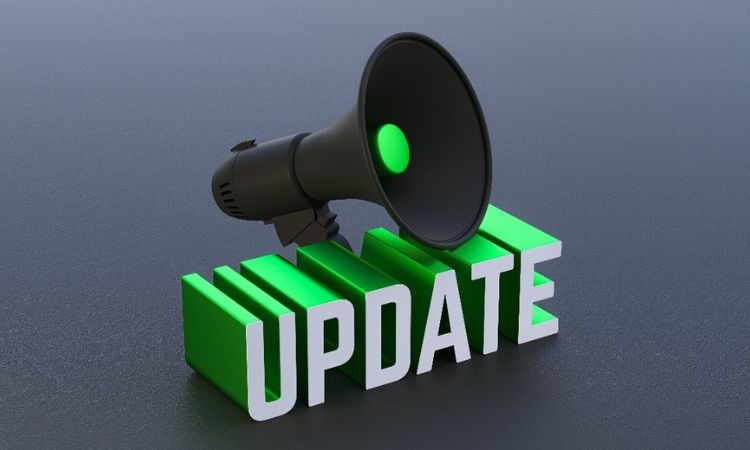We all know your website is often the first impression potential customers have of your business. Just like a brick-and-mortar storefront, your site needs to be current, functional, and enticing. That’s why regular website updates are not only recommended but also essential. In this blog, we’ll explore why keeping your website up to date is crucial, the common reasons for updates, and the potential issues that may arise if you neglect them.
Why Are Website Updates So Important?
Your website is the digital face of your brand -it showcases your products or services, tells your story, and attracts new customers. As technology advances and user expectations grow, it’s crucial to ensure your site evolves, too. Regular updates help your site stay:
- Protected: Security vulnerabilities are constantly addressed through updates.
- Functional: New features, plugins, and integrations improve user experience.
- Optimized: Updates will help enhance your site’s performance and overall visibility.
- Visually Appealing: An outdated design can make users feel neglected, impacting their perception of the quality of your product or service.
5 Common Reasons for Website Updates

Maintaining a website is essential for ensuring optimal performance, security, and user engagement. Here are five standard updates that most websites require:
1. Security Patches
Cyber threats are constantly evolving. Developers regularly release security patches for software vulnerabilities. Failing to update can leave your site exposed to hacking, malware, or data breaches.
2. New Features & Functionality
Adding new features, such as contact forms, reservation booking systems, or enhanced e-commerce options, usually involves updating plugins or the core platform to ensure proper functionality.
3. Design Refresh
Web design trends evolve, so updating your site with a new theme, color palette, features, or layout can keep it modern and improve user experience.
4. Content Refresh
Updating your content with current information, promotions, or blog posts helps keep visitors engaged and improves SEO. Additionally, removing outdated content is just as important.
5. Platform and Plugin Compatibility
Ensuring that all your website’s components work together seamlessly and integrate smoothly with the latest technology is crucial for smooth and consistent operation
What if It’s Been a Long Time Since Your Last Update?

When it comes to website updates, we all know the feeling that kicks in the moment the third notification pops up on your screen. It’s similar to when the check engine light comes on in your car. It’s easy to think, “I’ll get to it later; everything seems fine,” or “I don’t have time for that right now.”
Just as driving without oil can seriously damage your vehicle, neglecting website updates can harm your site’s performance and your bottom line. Regular updates are crucial for maintaining a smooth-running site. Don’t wait until minor issues become costly problems, such as:
- Security Vulnerabilities: Outdated software is an open door for hackers.
- Broken Functionality: Plugins or features may stop working altogether.
- Poor User Experience: Slow load times and outdated designs drive visitors away.
- Lower Search Engine Rankings: Search engines reward sites that are updated and well-maintained.
- Lost Business: If visitors encounter issues or a dated website, they may leave and choose a competitor instead.
Put your Website’s Needs in the Hands of Professionals
Website updates aren’t a one-time task—they’re an ongoing investment in your brand’s online presence. Hiring an experienced outside web design company, such as Fat Guy Media, puts your website in the hands of experts who understand the latest industry standards and best practices. With our professional support, you can enhance your site’s performance, improve user experience, maintain it properly, and stay ahead of your competitors.



